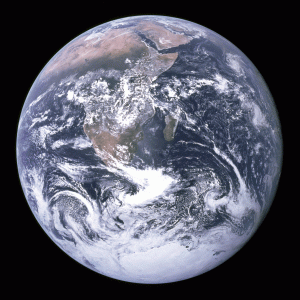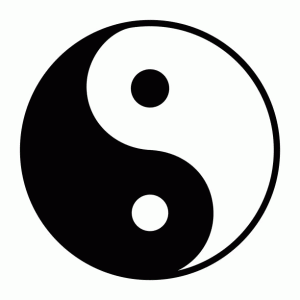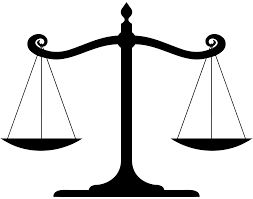 I’ve been struggling for a while to discern what a conscientious, faith filled person can do about global warming, i.e. environmental sustainability. On one hand trying to live more lightly on a personal lifestyle level is concrete and feels satisfying. I can be careful about what I buy for my home, avoid unnecessary plastics, live simply, donate to good causes, do works of service…
I’ve been struggling for a while to discern what a conscientious, faith filled person can do about global warming, i.e. environmental sustainability. On one hand trying to live more lightly on a personal lifestyle level is concrete and feels satisfying. I can be careful about what I buy for my home, avoid unnecessary plastics, live simply, donate to good causes, do works of service…
 Lots of people making personal sustainable lifestyle choices like these is good, BUT it’s not enough! It’s only half of the equation. Intellectually I know that systemic change is necessary too. Society (that’s us) needs to change how we do business. Governments, companies, and institutions need to change laws, policies, and structures that perpetuate the production of climate damaging acts. This often takes:
Lots of people making personal sustainable lifestyle choices like these is good, BUT it’s not enough! It’s only half of the equation. Intellectually I know that systemic change is necessary too. Society (that’s us) needs to change how we do business. Governments, companies, and institutions need to change laws, policies, and structures that perpetuate the production of climate damaging acts. This often takes:
- Educating myself and others on possible actions to take.
- Political action like going to lots of meetings, speaking up, writing in the public arena.
- Protesting unfair institutional practices and doing the legwork of researching and supporting alternative positive practices.
- Contacting civic and community leaders. (Signing petitions is the easy part.)
- Donating not only clothes to Goodwill but money to organizations that work for change.
The price of these systemic change actions is not only financial but also takes time and resilience. I may be willing to let go of some recreational or social pursuits (think TV or contra dancing), but it can also bleed over to taking time from my family or a paying job. It can also add stress to my psyche, spirit, and personal relationships.
Solutions – The systemic change part of doing good is harder for me than the personal lifestyle adaptations. For others it may be the opposite. Working on political change may feel like a meaningful challenge as long as I don’t have to give up meat or plastic at home. 🙁
 Bottom line – Of course, both personal lifestyle and systemic change are necessary to be a person of integrity who walks the talk. The challenge is to assess one’s talents, resources, and personal leanings and find a balance. It probably won’t be a 50/50 balance, but neither would a 99/1 balance be authentic.
Bottom line – Of course, both personal lifestyle and systemic change are necessary to be a person of integrity who walks the talk. The challenge is to assess one’s talents, resources, and personal leanings and find a balance. It probably won’t be a 50/50 balance, but neither would a 99/1 balance be authentic.
How – Of course personal reflection/prayer is necessary, but in most discernments that are this multifaceted I remember that community is important. Consulting with others who know me well, share my values, but are not afraid to challenge me and look at both sides of an issue is a step in the right direction. It takes a community – a wise and diverse community.
How do YOU do it? See my ECO-TIPS for additional ideas.
PS: On May 20, a friend (Mark) sent this additional water tip:
Before showering, try this process to save water:
1) Get in the shower & get completely wet,
2) Turn off the water & soap up from head to toe,
3) Turn on the water one more time to sufficiently rinse off the soap,
4) Turn off the water,
5) Get out & dry off.
I’ll add that, whenever I wash a car, I use pretty much the same process & have a hose nozzle that stops the flow when I release the trigger.I notice a lot of people don’t use a nozzle & just let the water run from the hose & down the driveway from beginning to end.